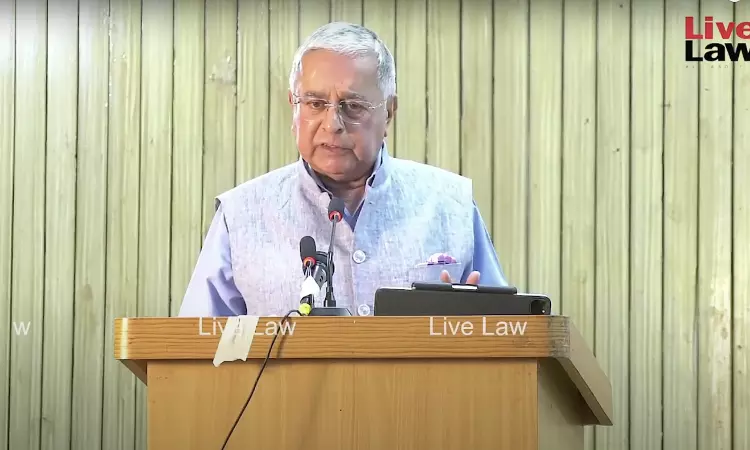Trend Of One Supreme Court Bench Staying Judgment Of Another Bench Concerning : Senior Advocate CU Singh
Anmol Kaur Bawa
25 Feb 2024 9:22 PM IST

Next Story
25 Feb 2024 9:22 PM IST
Senior Advocate Mr Chander Uday Singh, in his recent address at the seminar hosted by Campaign for Judicial Accountability and Reforms (CJAR), underlined a concerning trend within the Supreme Court to swiftly stay judgments of parallel benches, raising questions about the consistency and coherence of legal decisions when it comes to liberty of citizens.Mr Singh referred to the instance of a...
